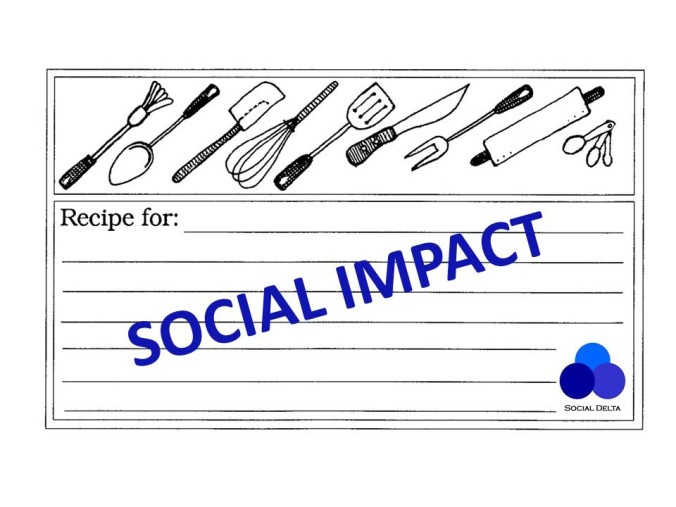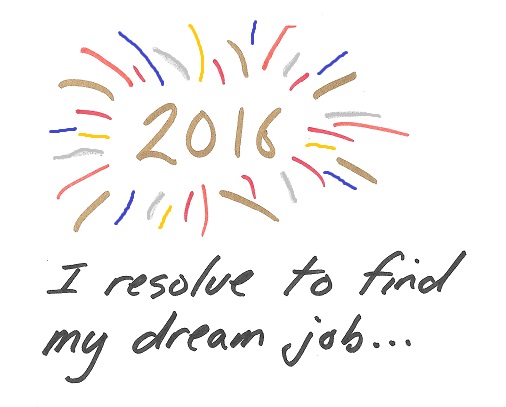There are many courses, webinars and presentations that are available offering an “Introduction to Social Enterprise” for non profit, co-operative, or even entrepreneurs in the private sector. What is the value of these introductory courses? Should you register?
These educational offerings are typically geared for those who are considering starting a social enterprise. They are often marketed as the first step on the path of social entrepreneurship. You may have seen promotions from progressive foundations, business schools, social incubators, shared spaces, or non profit intermediaries. Many of these courses are inexpensive or even free—especially webinars, where the overhead costs are low.
In fact, I offer presentations and workshops ranging from 1 hour to 7 hours providing an introduction to social enterprise definitions, trends, opportunities, challenges and business development processes. I have organized and conducted these trainings with the hope that the many attendees of my sessions would walk away as foot soldiers in an informed army of social entrepreneurs and by sheer mission-driven will would start a tidal wave of social enterprises.
The reality is that I think I have scared many of them away.
The more I offer this sort of course, the more I end up focusing on many of the risks and challenges associated with conceiving, designing, launching and running a social enterprise. I believe strongly that every business should operate with a mandate to provide social wealth in the process of conducting business, yet I still find myself highlighting seemingly dark realities, such as:
- It is hard to operate a business in a competitive marketplace.
- The organization needs to be ready BEFORE strategic business design.
- The business operation must align with—and not compete with—the social mission.
- Customers are a new stakeholder group and must be considered alongside volunteers, operational partners, staff, beneficiary populations, donors, investors, and board members.
- Financial (seed) capital to start a social enterprise is hard to find.
- The reality is that an organization may invest 3-5 years before they see earned revenue.
- How do you protect intellectual property when you want to share it to maximize social impact?
- Non profit or collectively run organizations are frequently safe, risk averse places and this can be debilitating.
- There are legal restrictions placed on charities operating businesses.
- It is a myth that the businesses social value proposition will immediately guarantee sales.
- Social impact measurement can be complex, yet is vital to design a social enterprise.
Yikes!
Rather than creating a comfortable nurturing space for organizations seeking to design or build a social enterprise, I paint a picture of the brutal reality: social enterprise is harder than it sounds when initially proposed as a strategic planning retreat, a board table, a coffee shop or at a kitchen table of idealistic changemakers.
I’ve now come to terms with the realization that if I share the honest and accurate details of the stumbling blocks faced by most social enterprises, then the very few that will emerge from these introductory presentations to elaborate on their business idea will truly have what it takes to run a business. They must be unflappable, resourceful, risk tolerant, collaborative, resilient, and passionate.
In fact, I suspect many “Social Enterprise 101” attendees will forget the detailed course content, and will end up learning it all again through their own experience. Arguably, the value of the introduction course is not, therefore, to prepare a veritable “army” of social entrepreneurs; the value of the course is to stop the individuals and organizations who don’t have what is needed from spending time, resources and social capital on starting a social enterprise.
Perhaps one can say that a good introduction to social enterprise workshop is not a launchpad; it is more of a prophylactic that prevents the birth of enterprises that may not possess the necessary conditions for life.





